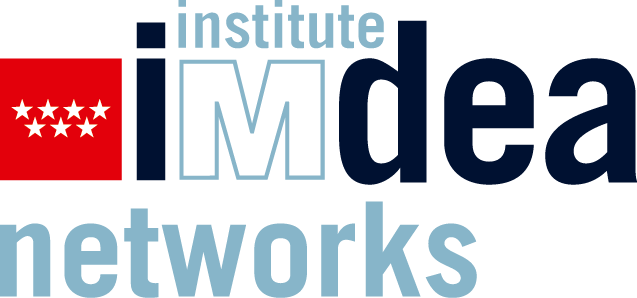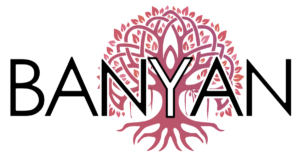As mobile services consumed by people and machines become increasingly diversified and heterogeneous, 4G/5G networks are asked to meet a growing variety of Quality of Service (QoS) requirements. Network slicing, enabled by Network Function Virtualization (NFV), is a promising paradigm to increase the agility and elasticity of the mobile network via logical slices that can be formed and composed dynamically, so as to adapt to the fluctuations in the demands for different mobile services.
A key enabler for network slicing is accurate data-driven models and the prediction of the spatio-temporal dynamics of the mobile service traffic, which allow discovering knowledge relevant to the orchestration of slices and anticipating the need for their reconfiguration. The need for effective data-driven slice management is especially critical in proximity of indoor Radio Access Network (RAN), which must accommodate most of the volume and variations in the demand associated to each mobile service and whose performance is crucial to user QoS.
The BANYAN project is designed to address major open issues towards the realisation of data-driven 5G RAN, as follows:
- Modelling and forecasting macroscopic high-dimensional mobile traffic patterns observed at RAN for individual services, at multiple scales in time and space;
- Geo-locating and characterising in-building mobile traffic patterns observed at RAN;
- Designing data-driven strategies for the allocation of 5G RAN resources;
- Designing data-driven policies for the orchestration of 5G RAN resources to suit service requirements and dynamics via network slices;
- Coordinating outdoor and indoor heterogeneous networks to meet user
QoS requirements.To address the research objectives above, BANYAN pursues a tight academic-industrial cooperation, which will allow developing key tools for data-driven 5G RAN, as well as properly training early-stage researchers who are urgently needed by industry, academia, etc.

This project has received funding from the European Union’s Horizon 2020 research and innovation programme under Marie Sklodowska-Curie grant agreement No.860239.







